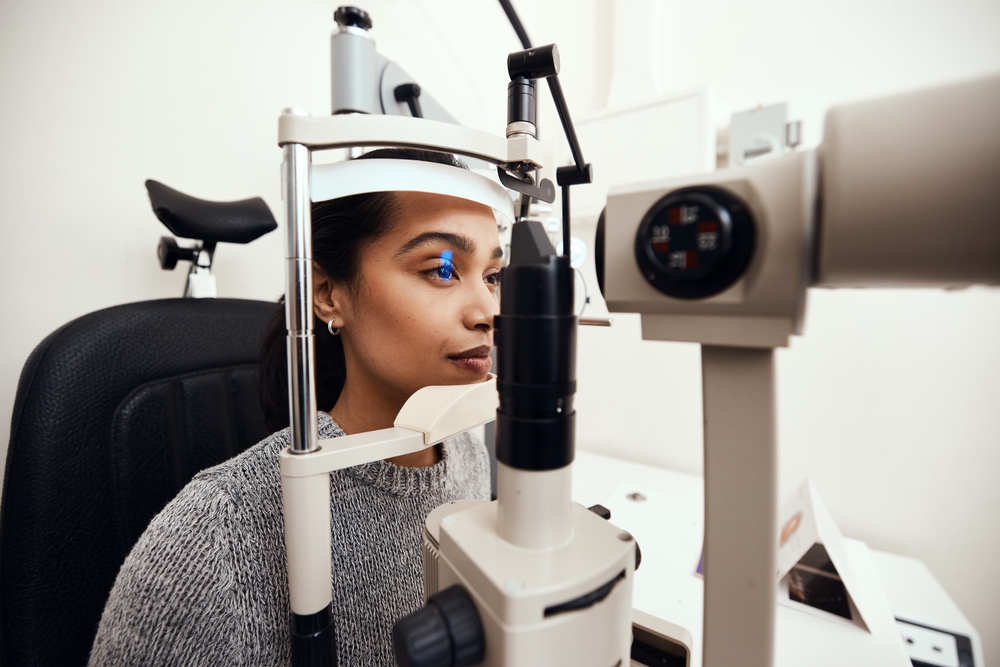
Our eyes play a crucial role in our daily lives, allowing us to navigate the world, and connect with others. However, many eye conditions develop silently, showing no symptoms until significant damage has occurred. Regular eye exams are the key to early detection, enabling eye care professionals to identify potential problems before they become severe. Taking a proactive approach to eye health can help preserve vision and prevent irreversible damage.
Detecting Eye Diseases Early
Many serious eye conditions, such as glaucoma, macular degeneration, and diabetic retinopathy, often develop gradually and without noticeable symptoms. By the time vision loss occurs, the damage may already be permanent. Routine eye exams allow optometrists to detect early warning signs, often before a patient even notices any changes in vision. Early diagnosis means early intervention, which can slow or even halt disease progression.
Glaucoma: Known as the "silent thief of sight," glaucoma can cause irreversible damage to the optic nerve without warning signs in its early stages. Regular eye exams can detect increased eye pressure or nerve damage before vision is affected.
Macular Degeneration: This condition affects central vision and can significantly impact daily activities such as reading and driving. Early detection allows for treatments that may slow progression.
Diabetic Retinopathy: People with diabetes are at risk of this sight-threatening complication. Routine eye exams help monitor changes in the retina and ensure timely treatment to prevent severe vision loss.
Correcting Vision Problems
Eye exams are not just about detecting diseases. They also help identify refractive errors like nearsightedness, farsightedness, and astigmatism. Uncorrected vision problems can cause eye strain, headaches, and difficulty performing daily tasks. Updating your prescription regularly ensures that you’re seeing as clearly as possible.
Monitoring Overall Health
The eyes provide a window into overall health. During an eye exam, optometrists can detect signs of high blood pressure, diabetes, and even neurological conditions. Conditions like retinal vessel changes or optic nerve abnormalities may indicate underlying systemic health issues that require medical attention.
How Often Should You Schedule an Eye Exam?
The frequency of eye exams depends on age, risk factors, and overall eye health. The American Optometric Association recommends:
Children: First eye exam at six months, another at age three, and before starting school. Annual exams are recommended for school-aged children.
Adults (18–64 years old): Every year, depending on vision needs and medical history.
Seniors (65 and older): Annual exams to monitor for age-related conditions like cataracts and macular degeneration.
Individuals with diabetes, a family history of eye disease, or high-risk factors should schedule more frequent exams as advised by their optometrist.
Schedule Your Eye Exam Today
Early detection is the best defense against vision loss. Regular eye exams help identify potential issues before they become serious, ensuring that you maintain clear vision and overall eye health. Don’t wait for symptoms to arise—by the time you notice changes, it could be too late.
Contact Long View Eye Center to schedule your comprehensive eye exam and take the first step toward lifelong eye health. Visit our office in Lewisburg, West Virginia, or call (304) 520-3630 to book an appointment today.








